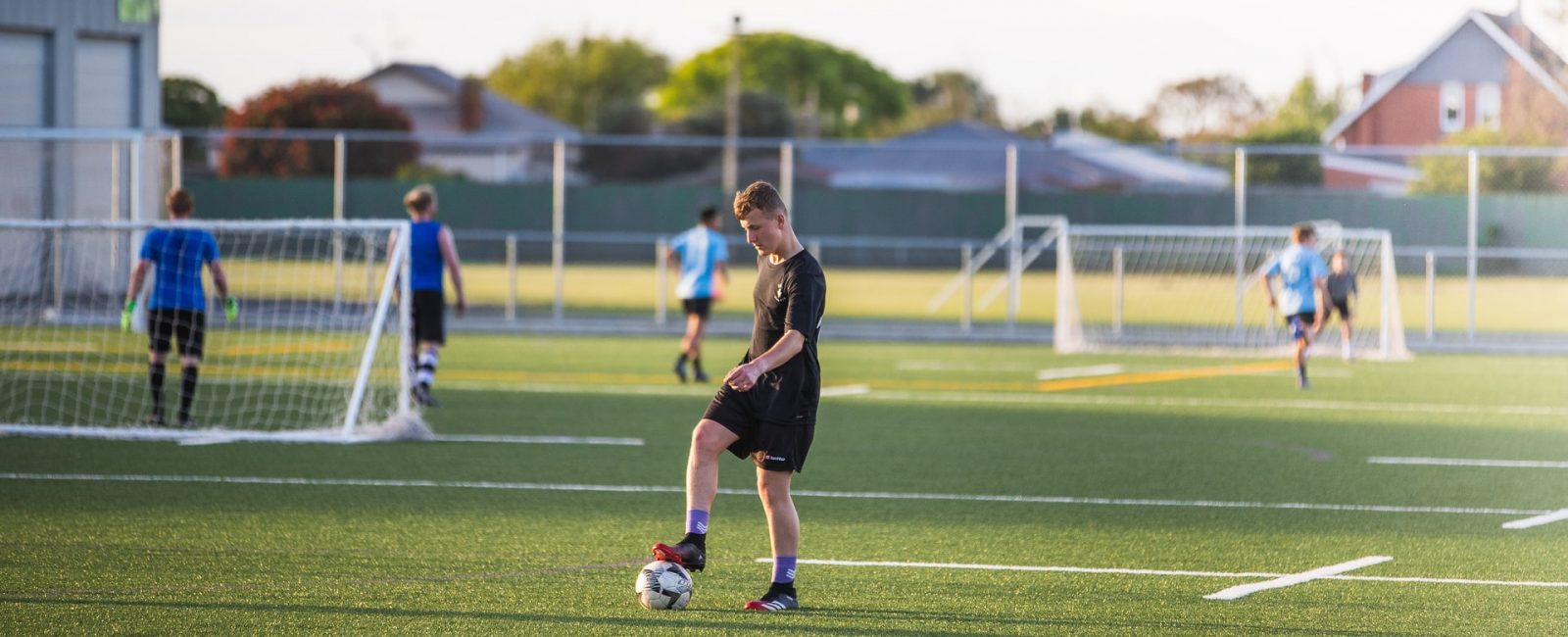Excessive gambling amongst college athletes is a growing concern. With the move to online gaming, the ability to identify the problem gambler has become more difficult. It’s believed that every addicted person negatively impacts at least a dozen people around them.
Many studies have been done about gambling on college football players in the USA, but very few in Europe and Norway. Recently, however, a ban was introduced for individual players in English football. This ban may go a long way to support and build healthy athletes.
Most online casinos promote responsible gaming, and betting bonus is amongst them. In this article, we look at the effects of gambling on players and why athletes are more susceptible.
Effects on Athletes
Benjamin Reppersen knows that large Corporations invest billions in the gambling industry, and it’s one of the fastest-growing businesses worldwide. Most people gamble responsibly, but there are a few who lose control, especially among the youth.
Many football players gamble even though it’s forbidden. Players ignore this, even though they could lose their athletics eligibility. There are then repercussions for both the individual, the team, and the college.
Only a small percentage of young people get caught in a cycle of addictive gambling. This situation usually affects the football players body and psychological distress. Problematic or addictive habits lead to a drop in academic performance, anti-social behaviour, diminished sports achievement and, in some cases, criminal activity.
Why Athletes Are Susceptible
There hasn’t been a lot of research done on football players with gambling problems. But athletes tend to be more vulnerable than others because of their competitiveness.
Gambling offers another way to compete, and it can be that first win that gets them hooked. If they lose, the drive then becomes a compulsion to negate the loss by another win.
Athletes tend to put everything into their game, and this carries over when gambling. The bigger the challenge, the bigger the financial commitment and the more one wants to stay in control.
This compulsion is the start of the addiction process, which is manipulative and destructive for some. This stage becomes less about winning and losing and leads to an ever-increasing cycle of hopelessness and desperation. If it’s not dealt with and treated, it can cause detrimental mental health in football players.
Dealing With the Issue
Obsessive gambling is an addiction recognised by the American Psychiatric Association. But, it’s often treated differently from other addictions, such as alcoholism and excessive drug use.
It’s also not easy to spot a football players gambling problem. They are usually secretive and don’t admit that they have an issue.
Gamblers with a problem are often looked at as bad people and not someone who needs treatment. Other addictions receive help, and the addicts are motivated to overcome their issues and lead productive lives.
A Final Thought
Whether excessive gambling affects most of the players or not, it’s an issue that shouldn’t be ignored, as it’s harmful to some. It doesn’t matter if it’s only five out of 5000; the run-on effect touches the lives of many around them.
Campuses have policies for drugs and alcohol, and it’s time they also have guidelines for gambling.





